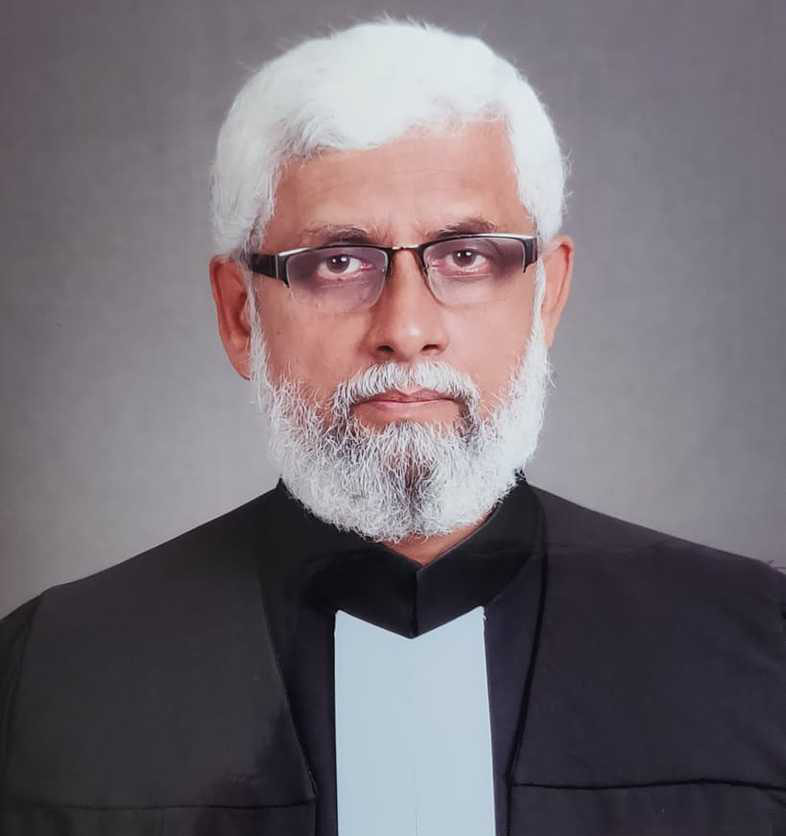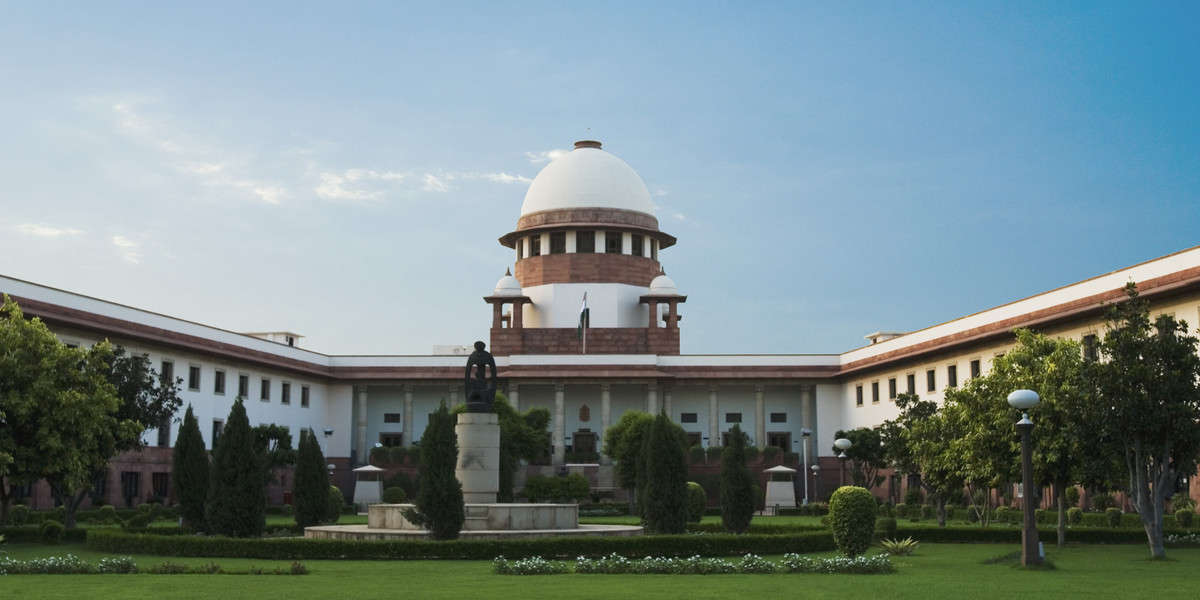
“Let there be light”: English translation of Hebrew יְהִיאוֹר (yehi ‘or) : Genesis 1:3 of Torah, part-I of Hebrew Bible.
In Old Testament translations: Greek, γενηθήτω φῶς (genēthētō phōs) and Latin fiat lux and lux sit.
Light: natural agent that stimulates sight making things visible…Dark: with little or no visibility, shadowy, tenebrous…
Stories are a beautiful way to learn about things including human nature, and enable learning so vivid that it is internalised and thereafter serves to light the way of the mind in whichever direction it goes.
A small child was carried in his father’s arms to be put to sleep. In the dark bedroom, while the father was groping for the light switch, the child held his dad tightly and spoke: “Switch off the dark Daddy!”
Tells you a lot about the mindset of the innocent child. One, he believes light is normal, dark is not. He is unable to accept dark as permissible. Two, he believes it is possible to switch off the impermissible dark and allow light to prevail. Three, dark makes him uncomfortable because it contains things that can be surprises and it is possible for those surprises to be unpleasant. Four, he believes that it is within his dad’s power to switch off the dark and allow light to permeate the surroundings.
The light reveals, permits us to see by reflecting off whatever it falls on. The dark hides, covers up, cloaks things, prevents visibility. Though the Pope said, “He is armed without, who is innocent within”, this is no longer true in our society. He who is not crafty within, is looted without. He who is not guarded within, is vulnerable without. “The child is the father of the man” sounds good if you think of the child as eventually evolving to a man, but the fact of the matter is that today the child (read defenceless person, or person under disability, or persons without power or connections) is the fodder that feeds the basest beastliness of man: he feeds upon the child in others.
General Clauses Act: man includes woman; singular includes plural. Man includes a multitude of men. Including those politically organised. And when such a politically organised group becomes elected and preys upon another weaker segment, to “level the playing field” the equalising power of the State kicks in. Or ought to kick in. And when it does not, there is the system. “Playing field” and “kicks in” make this sound like a game, which of course it isn’t. And when the State’s power does not kick in, there is, or ought to be, something called “the system”.
The system of checks and balances ensures, or ought to ensure, that aberrations are taken care of and deviant behaviour does not become the norm. So when one segment, whether politically organised or not, preys upon the other whether by legislative sleight of hand, political calisthenics, large-scale dissipation of national infrastructure for short-term fiscal benefits at long-term national cost, suppression of legitimate concern brought out through exercise constitutionally guaranteed right of non-violent protest, repressive use of enforcement machinery and selective targeting through motivated investigations etc., incarceration with little or no justification, or a broad spectrum of denial, deprivation or diminution of political and civil rights, “the system” of checks and balances stands activated. Or ought to.
If it does not then there are two possibilities that are most easily apparent. The first possibility is that it does not see any reason to stand activated, bona fide believing what is happening is consistent with law and not an organised attempt by one segment of society to prey upon the other. The second possibility is that one or more limbs of “the system” itself stands compromised and has become part of the machinery that is itself the problem.
A contempt case in the Supreme Court in recent times has brought certain issues into the spotlight. One significant aspect of this case is that it is a suo motu action, and therefore a case where the judges who prima facie felt that certain tweets interfered with the functioning of the judiciary, carried a tendency to lower the dignity of the court, bring it into disrepute, etc., themselves determine whether in fact this is so.
Where malfunctioning of a court is highlighted the question that falls for consideration is whether it is the highlighting that constitutes a contempt of court, or the malfunctioning of the Court that constitutes contempt of itself.
In one case, u/s16 Contempt of Courts Act, 1971, the question as to whether a Judge of a High Court can commit contempt of his own court fell for determination. Section 16 reads: “Contempt by Judge, Magistrate or other person acting judicially – ( 1) Subject to the Provisions of any law for the time being in force, a Judge, Magistrate or other person acting judicially shall also be liable for contempt of his own court or of any other court in the same manner as any other individual is liable … (2) … ” The issue arose before a Full Bench of Five Judges of the Patna High Court in Harish Chandra Mishra and others vs Justice SAA and a Full Bench of the Madras High Court in M. Rankavs Justice PSM. In both the cases, it was held that a Judge of a High Court cannot be punished under the contempt of Courts Act, 1971.
However, in Spencer & Company Ltd., vs Vishwadarshan Distributors (Pvt.) Ltd. it was held a Judge of a High Court can be punished for committing contempt of the Supreme Court. It was held that the Act only gives statutory recognition in respect of Contempt of Court committed by Judges and Magistrates presiding over subordinate courts.
In AIR 1942 FC 1 (KL Gaubavs The Hon’ble CJ and JJ High Court of Judicature at Lahore the Federal Court examined whether Judges of High Courts can be tried by the Federal Court for contempt.
Spencer vs Vishwadarshan carries the proposition that Judges of High Courts can be punished by the Supreme Court for committing contempt of SC. The theory protecting judges of Courts of Record from contempt proceedings is that if such actions lie, Judges would lose their independence, and absolute freedom and independence of Judges is necessary for administration of justice. So, Judges of High Courts cannot be punished for contempt except of Supreme Court. What happens if a citizen feels, bona fide, that a Supreme Court judge has committed contempt of his own Court? Is the cumbersome, unlikely-to-succeed impeachment process the only answer?
Since there is no higher court, self-regulation is the only way out. Judges of the Supreme Court must be beyond reproach, and must be seen to be beyond reproach. If there is the slightest factor that suggests a less than absolutely fair, absolutely upright conduct of proceedings, the judges must stay their hand. A judge with even the remotest interest in a matter must recuse. Allocation of cases must be transparently done. There can be no selectiveness. Every advocate, senior-most and most junior, must be treated the same way. There can be no preferential treatment for government counsel. Every deliberation must be open to public scrutiny. There can be no “sealed envelope” adjudication. Every case of human rights, civil right and political rights violation must be taken up with urgency. Government affidavits cannot be relied on just because they come from the Government: in fact, considering the executive is a limb of the State, State affidavits must be scrutinised with a stricter rigour. Lies told to Court must be subject of tough action: no one should be able to say a Zahira Shaikh was punished for lying but so-and-so government official or so-and-so politician was not. Article 14 must be a live, functioning article, not a dead letter. Everything must be in the bright glare of transparency, to ensure the cleanliness of the process enhances the prestige and respect, if not awe, of the judiciary.
I’ve earlier once quoted “We can easily understand when a child is afraid of the dark. The real tragedy is that men are afraid of the light.” To reassure the nation that those men can never be from among the judges, “Let There Be Light!”
Shafeeq R. Mahajir is a Hyderabad-based nationally known lawyer

